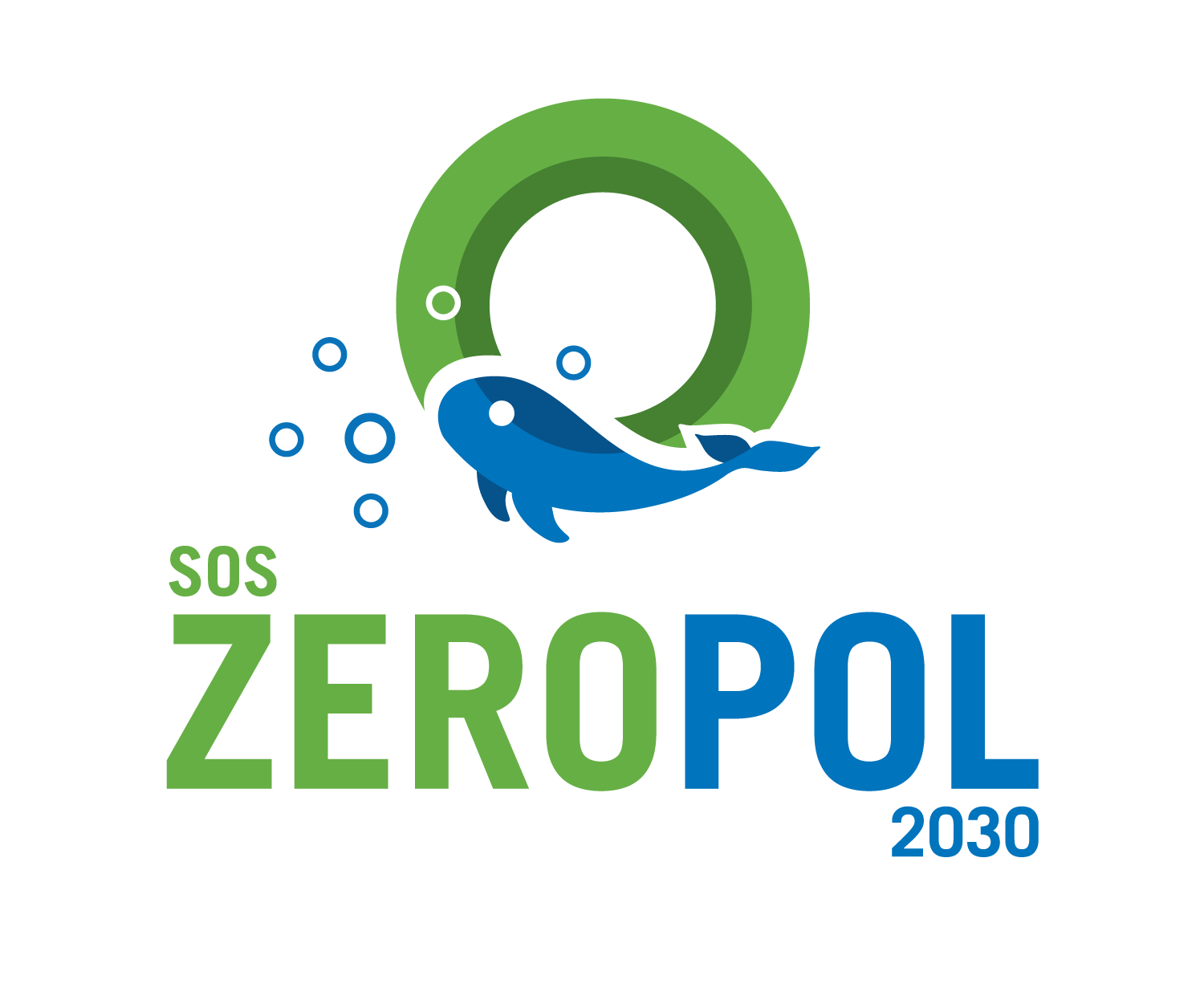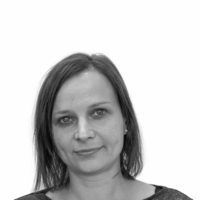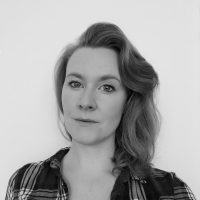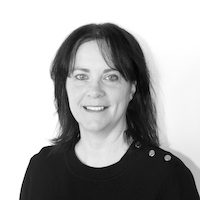
Source to Seas – Zero Pollution 2030 (SOS-ZEROPOL2030)

- Title
-
Source to Seas – Zero Pollution 2030 [SOS-ZEROPOL2030]
- Start Date
-
September 2022
- End Date
-
September 2026
- Funding Body
-
Horizon Europe
- Coordinator
- Research Partners
-
University College Cork (UCC), Vlaams Instituut Voor De Zee (VLIZ), Wageningen University (WU), Universitat Wien (UNIVIE), Sintef Ocean AS (SO), Stichting Wageningen Research (WR), Black Sea NGO Network (BSNN), Mediterranean Information Office for Environment, Culture and Sustainable Development Association (MIO-ECSDE), Stiftelsen Grid Arendal (Grid ARENDAL), Institute for Advanced Sustainability Studies EV (IASS)
- Principal Investigators
-
Kathrin Kopke, UCC
- Project Manager
- Research Area
- Website
Introduction
‘Source to Seas – Zero Pollution 2030 (SOS-ZEROPOL2030)’ aims to develop a holistic zero pollution framework which can guide the process towards achieving zero pollution in European seas by 2030. Marine contamination (including pollution) occurs as a direct result of human activities on both; land and in the marine environment; and requires urgent attention as healthy and clean seas provide numerous ecosystem services (e.g. food, oxygen production, climate regulation), which are critical for our survival and wellbeing. Given the complex and interconnected nature of marine pollution, the integration of sustainability-focused agendas and circular economy principles and practices is essential for the development of effective actions that can address its impacts. The implementation of processes and measures to reduce marine pollution will have consequences for numerous economic sectors (e.g. agriculture, fisheries, food and beverage industry, waste management, packaging industry, tourism, offshore energy) at multiple scales (local, national, regional and international), framing marine pollution as a considerable global socio-economic challenge that requires active collaboration from multiple stakeholders, across a range of geographic areas. In this context SOS-ZEROPOL2030 aims to co-design, co-produce, and co-deliver a stakeholder lead European Seas zero-pollution framework that provides practical guidance from source to sea addressing shortcomings in marine pollution management and governance. This holistic approach is based on best practice, puts emphasis on human behaviour, socioeconomics and governance; and is underpinned in knowledge about and understanding of current barriers to effective and efficient prevention, reduction, mitigation and monitoring of marine pollution in European Seas.
Objectives
- To better understand the barriers that compromise successful marine pollution management and stakeholder participation in Europe to identify appropriate intervention points, measures and actions that can support a blue-green transition with a focus on human behaviour, socio-economics and governance.
- To capitalise upon best practices concerning the implementation of sustainable and effective measures that address marine pollution for priority pollution types in the European Seas.
- To engage stakeholders through a joint knowledge production process that captures and integrates their knowledge and understanding regarding obstacles and opportunities that concern the implementation of efficient and effective marine pollution reduction, prevention, mitigation measures and monitoring in a ‘living lab’.
Work Packages
WP1 – Project Coordination
WP2 – Building Blocks for Zero Pollution Governance
WP3 – Zero Pollution Living Labs
WP4 – Integrated Case Study Pollutant Assessments
WP5 – Zero Pollution Accelerator
WP6 – Communication and Dissemination
Contact
Social Media Accounts
LinkedIn: Source to Seas – Zero Pollution 2030
Facebook: Source to Seas – Zero Pollution 2030
Twitter: Source to Seas – Zero Pollution 2030
YouTube: Source to Seas – Zero Pollution 2030
Instagram: Source to Seas – Zero Pollution 2030






